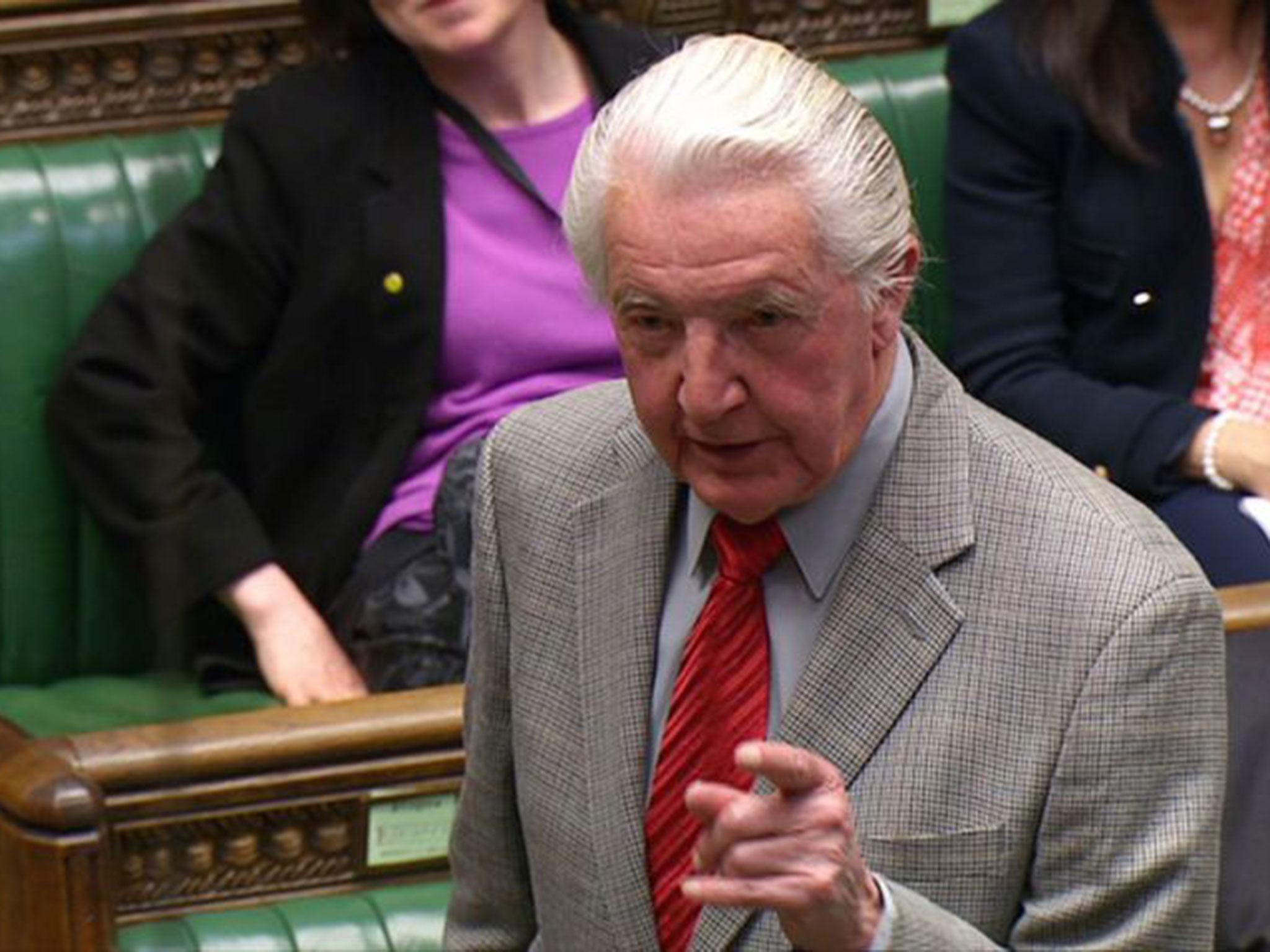Your support helps us to tell the story
From reproductive rights to climate change to Big Tech, The Independent is on the ground when the story is developing. Whether it's investigating the financials of Elon Musk's pro-Trump PAC or producing our latest documentary, 'The A Word', which shines a light on the American women fighting for reproductive rights, we know how important it is to parse out the facts from the messaging.
At such a critical moment in US history, we need reporters on the ground. Your donation allows us to keep sending journalists to speak to both sides of the story.
The Independent is trusted by Americans across the entire political spectrum. And unlike many other quality news outlets, we choose not to lock Americans out of our reporting and analysis with paywalls. We believe quality journalism should be available to everyone, paid for by those who can afford it.
Your support makes all the difference.In 1866, when William Gladstone was thinking about doing something truly radical and lowering very slightly the amount of money men had to have in order to qualify for the luxury that was the right to vote, Benjamin Disraeli was having none of it. It would, he warned, bring into Parliament “a horde of selfish and obscure mediocrities incapable of anything but mischief”.
But that was a long time ago and everything’s changed now. Back then, you’ll find it hard to believe, men of questionable moral virtue used to bury their treasure on remote Caribbean islands.
Now, no one could get away with saying anything like that. So if you come to read the Hansard record for Monday’s statement from the Prime Minister on the Panama Papers, don’t believe what it says next to the ride-on-lawnmower-claiming, dubious-Yemeni-oil-deal-broking Sir Alan Duncan MP. “Shouldn’t the Prime Minister’s critics snap out of their synthetic indignation and admit that they hate anyone with a hint of wealth in their life?” It will claim Sir Alan said. It will also suggest he carried on: "We risk seeing a House of Commons which is stuffed full of low achievers, who hate enterprise, hate people who look after their own family and who know absolutely nothing about the outside world.” But that can’t have happened can it?
It would be easy to suggest Mr Duncan, with his everyman experiences of private school, Oxford and advising on Yemeni oil deals for £600 an hour, may himself know nothing of the outside world as familiar to 99.9999 per cent of its seven billion inhabitants, but Duncan is no snob. “I talk to my postman every day,” he once told a television interviewer, looking only momentarily horrified when the follow-up question was “What is his name?” (“Errr, I just call him postie,” he said, the blood sprinting from his face as if chased down the drive by an angry rottweiler.)
That it was Dennis Skinner’s turn next was purely coincidence. That he casually called the Prime Minister “Dodgy Dave” was nothing new. It’s the fourth time he’s done so since 2011. Only on this occasion did Speaker Bercow rise and tell him he must withdraw "the word beginning in D and ending in Y".
"Not a chance," Skinner told him, so he instead was withdrawn from the chamber, sent out and told not to return for the rest of the day.
It meant the official opposition was officially a man down, but in this era of one-party state we’re long used to the Conservatives having to provide their own opposition, and again they didn’t disappoint. For anyone who’s spent the last six months desperately hoping for someone, anyone, to successfully articulate a reason why they shouldn’t vote Tory, Sir Alan was not the only man to deliver.
“May I tell the Prime Minister that he should not be ashamed that he had the good fortune to be born into a well-off family,” Michael Fabricant took it upon himself to interject. “And that it is not a sin for his parents, quite naturally, to want their savings to be cascaded down through the generations?”
Not a sin exactly, no. All perfectly legal of course. But it’s a deeply ingrained attitude the Prime Minister has spent a decade trying to cover up. Everything comes out in the end. No doubt the Prime Minister wishes he could sell his shares in Michael Fabricant. He certainly wouldn’t get enough for them to have to declare on his tax return.


Join our commenting forum
Join thought-provoking conversations, follow other Independent readers and see their replies
Comments